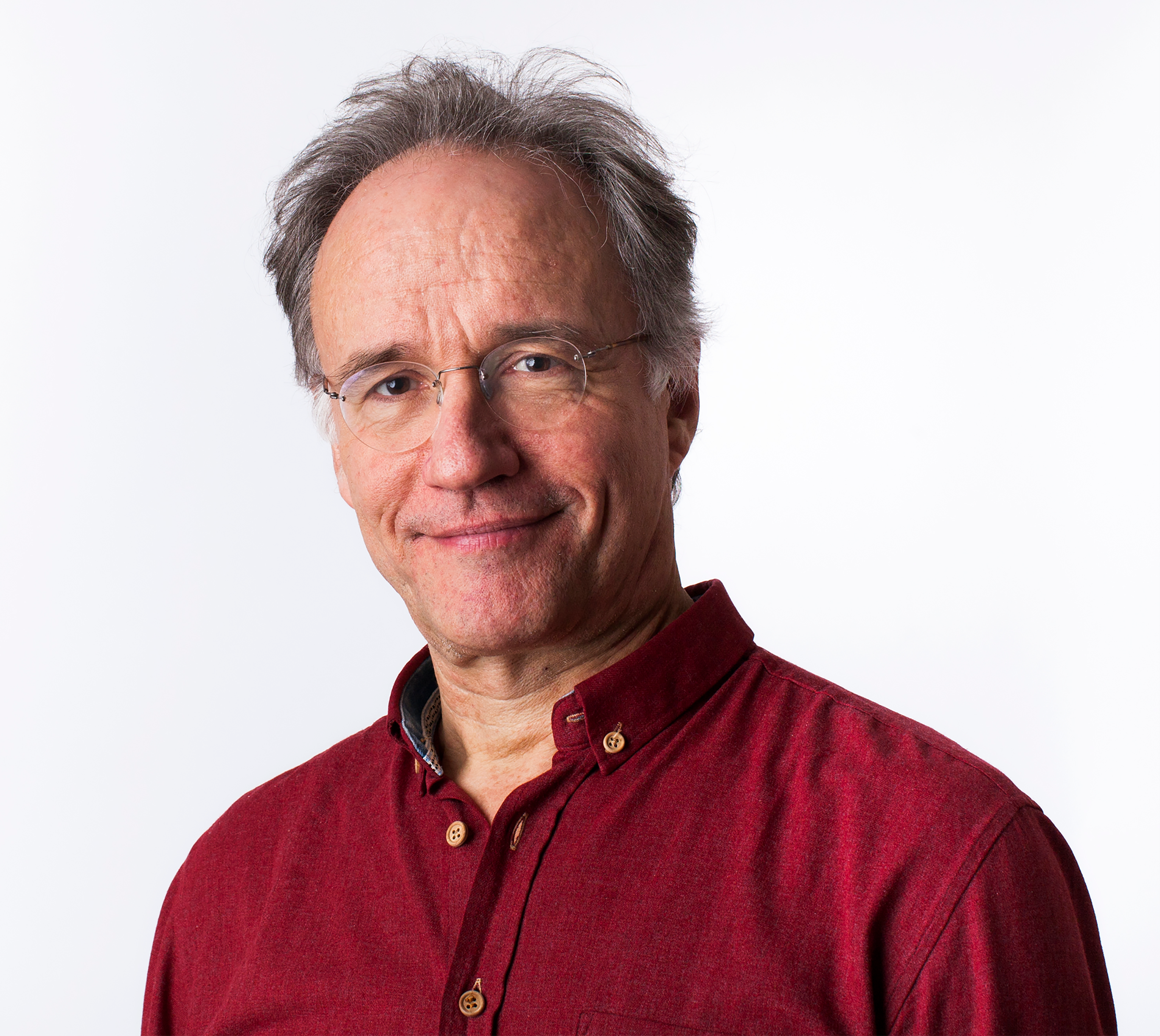What we want to achieve
The practice of art professionals is becoming increasingly hybrid. This means that disciplines, media and the domain of art and culture are no longer clearly defined. Artists and creative professionals are continually taking on new roles and learning to switch between these roles. Technological developments and cross-over innovations require art professionals to take a closer look at creative strategies. How do you teach the new generation of artists to deal with these developments? What does this mean for art education?The Performative Creative Processes professorship accelerates, adapts and innovates creative processes in all the arts that are performative in nature. The domain of these performative arts is characterised by three aspects:
- It takes place live, in direct contact between maker & viewer (Basic question: how do I create a live experience?)
- It takes place in time (Basic question: how do I design a narrative in time?)
- It takes place with one another (Basic question: how do I work with others?)
These performative creative processes are characterised by interaction, narrativity, multivocalism and co-creation.
How we work
Within the professorship, there are five thematic research groups. These groups provide extra connection and cohesion, besides giving plenty of scope to individual research questions from lecturers/researchers, students and alumni. The five research groups are:- Expanded Scenography
- Mixed Reality
- Beyond Freewriting; On Research and Writing
- Artistic Social Engineering
- Independent Peergroup
Distinctive character
The aim of art education is to train students to become flexible artists in a hybrid professional practice, who can develop their expertise in this duality. This makes research into Performative Creative Processes extremely relevant and up-to-date.Through research into creative processes, describing and developing working methods and creative strategies, developing a shared language and translating the research into didactic concepts, the Performative Creative Processes professorship can initiate continual educational innovation.
The working methods and creative strategies can also give innovative impulses to the art sector, as well as to other non-artistic domains. Take, for example, collaborative ventures with the health and welfare sector.
Duration
The professorship runs from 2014 to 2022. It succeeds the Theatre Creative Processes professorship (2006-2014), which was also led by Nirav Christophe.Partners
We maintain active connections with national initiatives that aim to put research in the arts at higher professional education level on the map. One of those initiatives is the Art & Research platform, where professor Nirav Christophe is the project leader. The professorship is also active in the Research working group of KUO Next and the Art steering committee of the NWA.Publications
Here you find all publications between 2014-2018 (in Dutch)Have a look at the publications
.png?type=CTAButtonZoom1)